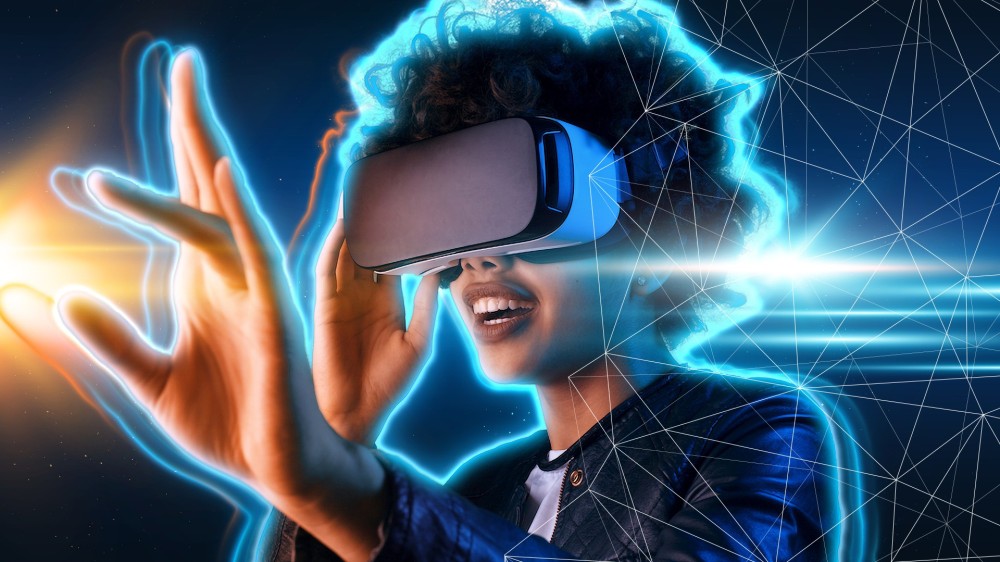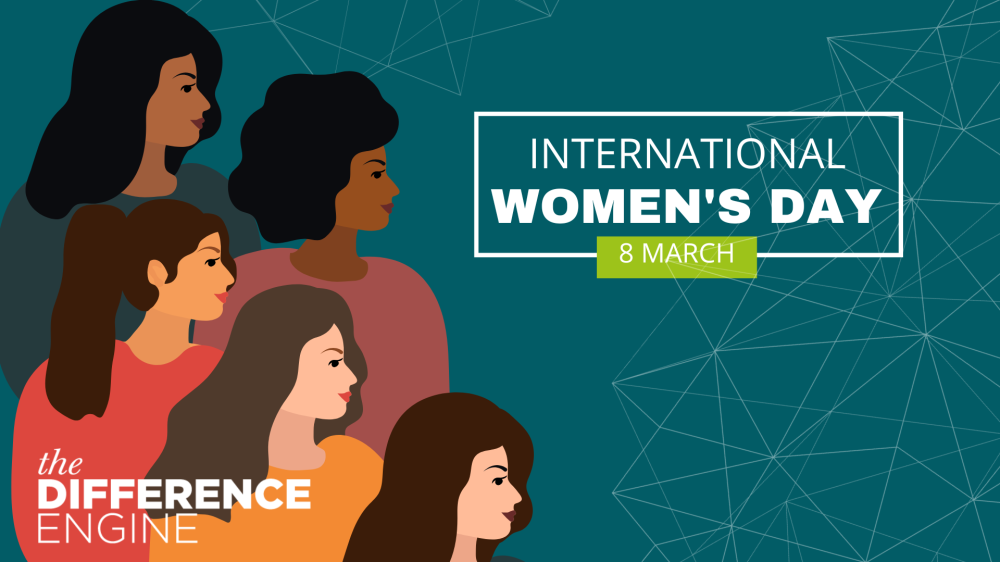
posted 22nd June 2022
Over the month of June, The Difference Engine are publishing a four-part deep-dive into the metaverse. What is it? How is it being used? And what is the future of both the metaverse and the internet as we know it? In the third part of this series, we explore how we anticipate the metaverse may grow over the next decade.
Read part two in our series: the metaverse in 2022.
The metaverse of today is a virtual, immersive experience. It's most common uses are in online gaming, although workplaces are starting to experiment with implementing their own virtual office spaces, particularly in the wake of the Covid-19 pandemic. These cases are, however, few and far between, with many corporations seemingly keen to wait and see how the metaverse will grow and expand in the coming years before investing themselves.
The future is metaverse
It seems clear that, despite existing for many years now, the metaverse is still very much in its infancy. Craig Donato, chief business officer of online gaming platform Roblox (one of the earliest adaptors of the metaverse), feels that the metaverse offers something even now, however. “It’s increasingly going to a concert or watching entertainment, or anything you can’t do in the real world,” he explains. “But the twist is that you get to do these things free of physical constraints, however you do it or how you enjoy it. It’s transformed in a positive way.”
There are several developments already having an impact on the future of the metaverse. First that more people are online now than ever, and that this is only increasing, has done huge amounts towards getting people to consider the metaverse as a viable future. With social media usage commonplace for over a decade now, many people are much more used to the concept of having a ‘virtual life’.
Technology, too, has advanced to the point where the metaverse is able to exist across infinite landscapes. In a world where over a million people are able to attend a concert and companies are able to hold huge-scale virtual conferences, things that were never possible in the metaverse of old are suddenly not just feasible but easy to accomplish.
With social media usage commonplace for over a decade now, many people are used to the concept of having a ‘virtual life’.
For work, too, this technology is constantly being invested in and developed. Korean PropTech company Zigbang has already opened an office called Metapolis – a 30-floor VR experience where employees have to navigate to their desks with their chosen avatar via corridors and lifts. Webcams and mics activate whenever employees meet a fellow employee so that, much like in real life, they’re able to have a spontaneous conversation if they wish. When the avatar walks away, webcams and mics automatically switch off.
In the city of Seoul, South Korea, plans are already in place to create a metaverse of the entire city, with the government investing around $3 billion. The hope is to use the metaverse cityscape to increase tourism, and allow citizens to interact and socialise in all new ways.
The final and possibly most notably, the evolution of cryptocurrencies is helping to mould the expectations and possibilities of the metaverse, and in many ways dominating the stories about it.
Cryptocurrencies at their core are still largely seen as a specialist pastime. People can’t buy food at their local supermarket with cryptocurrency, for instance, or pay their mortgage from their cryptocurrency account. In the metaverse, however, it is currently the only currency that can be used. In a recently published piece by Deloitte, the authors posit that the metaverse of the future could have its own native economy, "including digitally native assets and trade".
Virtual real estate, for instance, has had a market in the metaverse for years now. Metaverse platforms such as Decentraland and the Sandbox create and then lease spaces – usually to companies and brands who are interested in experimenting with metaverse technology. Brands such as McDonald’s and Formula One, for instance, have all leased space, some spending the equivalent of $1 million in the form of cryptocurrency. At the higher end, building and leasing a metaverse experience to a company can generate monthly rents upwards of $60,000, producing profits upwards of 70%.
The metaverse of the future could have its own native economy, including digitally native assets and trade.
Deloitte suggest a number of possible outcomes for the metaverse - from a lower impact marketplace used in speciality fields like gaming and entertainment, all the way to becoming the 'next internet'. In this version, a person's identity in the metaverse is seen as the equivalent to that of the physical world.
It's hard to say exactly how far the public will accept and integrate the metaverse into their daily lives, considering how early it is in its life-cycle. Social media giants Twitter and Instagram were both online and even operating with large user bases before they started to be seen as a much more intricately integrated part of society as a whole.
Tech companies currently are investing in creating technology to give people experiences they may never have otherwise - like being able to watch a UFC fight from the perspective or the fighter, or walking on the moon. Many experts believe that entertainment and video games will be the gateway to a more widely-used metaverse, although the idea is that eventually people will be able to attend work, school, or go shopping by simply entering the metaverse. The gaming industry of course has already firmly established and already-developed metaverse platforms, with companies like Roblox and Fortnite already hosting experiences that are unrelated to the games themselves. Fortnite, for instance, has hosted multiple concert events, with famous artists appearing in the platform to perform for users. Roblox, on the other hand, recently hosted the 100th anniversary for designer brand Gucci.
One thing platforms like Roblox and Fortnite have in common too are the age of their average user base. These users skew young, with children as young as seven or eight already being introduced to the concept of the metaverse via these platforms. As technology develops and the younger 'fortnite' generation age, the metaverse will already have a huge base of users already incredibly comfortable with and fully adapted to the concept. The idea, however, is that eventually the metaverse will become something much more unified - that the things you create in one virtual world (like Roblox) might then be able to be transferred without issue to another (like Fortnite).
With that user base still very young and a number of societal developments getting in the way of progress (not just interoperability but present-day issues such as slow internet latency and a shortfall of VR/AR devices), it may then take longer than some might anticipate before the metaverse truly comes into its own.
However, a young existing user base to grow alongside the technology and big corporate buy-in might not be the automatic key to success some companies may expect. Many users in present day have serious concerns with the state of the metaverse as it is, and its future if those concerns aren't addressed. Next week, in the final part of our metaverse deep-dive, we'll be looking at some of the threats the metaverse might present - including data privacy concerns, the impact on mental health and why some have expressed fears that it will become the next 'Wild West'.
'Exploring the metaverse' is a four-part series released by The Difference Engine over the month of June 2022.











